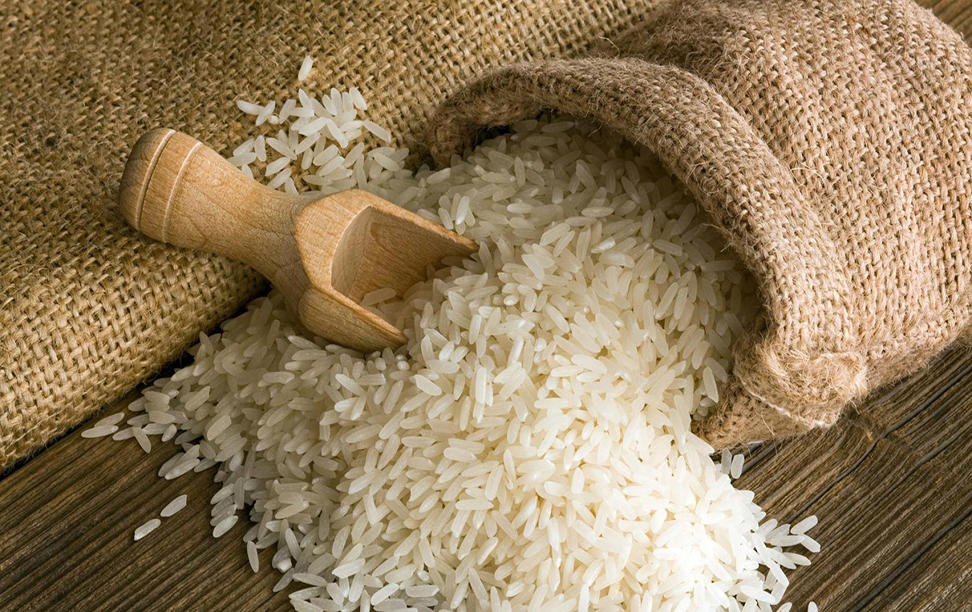Tags
Does red rice yeast lower cholesterol as effectively as a prescribed medication?
Q: I read that red yeast rice is a natural substance to lower cholesterol. Is this better than taking a prescribed medication?
A: In order for a prescribed medication to get FDA approval there must be significant clinical data to demonstrate safety and efficacy. Clinical trials for these medications usually include a large number of patients, and there is typically a fairly long followup.
For example, one study of lovastatin (a cholesterol-lowering prescription medication), the AFCAPS/TexCAPS study, recruited 5,608 men and 997 women with an average patient followup of more than five years. This study not only looked at lowering cholesterol (it lowered “bad” LDL cholesterol by about 25%), but doing so at the first incidence of a cardiac event (e.g. a heart attack; cardiac events were lowered by 37%).

Preventing drownings:With summer in full swing, take proper precautions by the water
The overall safety profile of lovastatin was similar to the control arm (those treated with placebo as a comparison group); that is, there were similar rates for the need to stop the treatment due to side effects in both groups. These results were consistent with the earlier EXCEL trial (which recruited 8,245 patients but only followed them for about a year).
This does not mean that there are no possible side effects or issues from taking lovastatin. Side effects reported from lovastatin include muscle pain in 2-3% of patients, headache in 2-3%, nausea in 2-3%, gas/flatulence in 4-5%, constipation in 2-4%, stomach pain in 2-3%, as well as other issues (liver issues, muscle weakness, allergic reactions and others). Interestingly, many people (up to half in some studies) stop their statin cholesterol treatment because they believe it’s causing side effects/symptoms.
Red yeast rice (RYR, made by fermenting the yeast Monascus purpureus over red rice) contains monacolin K, which has essentially the same chemical makeup as lovastatin. And there have been some studies of this dietary supplement:
- Short-duration studies done by UCLA (83 people followed for 12 weeks), the American Heart Association (446 people followed for eight weeks), and others noted decreases in LDL cholesterol similar to those seen with lovastatin.
- A metanalysis (this is when data from multiple small studies is grouped together) adding up to 6,663 subjects followed for up to 24 months came to similar conclusions.
- One large study, the China coronary secondary prevention study (CCSPS), enrolled almost 5,000 people and followed them for 4.5 years, and found a similar reduction in cardiac events as seen with lovastatin (38% risk reduction).
With the exception of the Chinese study on RYR, the other studies were small and of short duration. This is because (at least in part) doing large, long followup studies is expensive. Large studies are required for FDA approval, but dietary supplements are not FDA approved, and hence there are no specific safety and efficacy requirements.
If you are taking either lovastatin (or other statins) or RYR you need to be cautious taking certain other medications (certain antibiotics, anti-fungal medications and many other medications may have interactions with statins or RYR), minimize alcohol intake, be extra-careful if you have any kidney, liver or certain other conditions, and consult your clinician if you are, or are trying to become, pregnant or are breastfeeding. Care should also be taken to avoid grapefruit juice, as this can alter the absorption of these medications (and many others as well).
So, noting that there is clinical data to support the use of RYR, why not take that instead of lovastatin (or some other statin)? Maybe it’s OK to do this. However, medications approved and regulated by the FDA are required not only to have sufficient data on safety and efficacy for initial approval, but are required to do post-market surveillance to identify possible risks not seen in the initial approval studies. Many people may remember the issues uncovered with Vioxx (a Cox 2 inhibitor) in post-market data that identified an increase in cardiac risk and that led to it being withdrawn from the market. The FDA also requires certain manufacturing and other quality standards.
There may be some issues with RYR (which contains other substances besides monacolin K) that would be more evident if there was post market surveillance like for FDA approved medications. For example:
- The FDA issued consumer warnings in 2007 and in 2013 expressing concern due to the lack of significant evidence about RYR’s efficacy and safety.
- A report by the European Food Safety Authority (EFSA) noted “that the available information on the adverse effects reported in humans were judged to be sufficient to conclude that monacolins from RYR when used as food supplements were of significant safety concern at the use level of 10 mg/day. The panel further considered that individual cases of severe adverse reactions have been reported for monacolins from RYR at intake levels as low as 3 mg/day.”
The lack of FDA oversite of manufacturing and quality may also be an issue:
- The FDA commented about the lack of standardization of preparation methods in its consumer warnings noted above.
- A 2010 study in the prestigious journal JAMA found huge variations in the concentrations of monacolin K (up to a factor of 100 between different “600 mg RYR” commercially available brands, with some containing as little as 0.1 mg of monacolin K per capsule and some having up to 10 mg/capsule). This study tested only one sample from each brand, so it did not look at variability from batch to batch of a given brand.
- The National Center for Complementary and Integrative Health (part of the National Institutes of Health) noted an analysis in 2021 that showed 36 of 37 RYR products had levels of citrinin (a toxin that can damage the kidneys) higher than the maximum level set by the European Union, including four that specifically labeled themselves “citrinin-free.”
So although it may be OK to take certain brands of RYR instead of a statin, there are also concerns as noted above. There are no guarantees when taking medications, even those regulated by the FDA. But despite some limitations of the FDA, there are many benefits from the work it does. Speak with your clinician to make the best decision for you, and if you do take RYR, try to find data about the specific brand you select, and be careful about switching between brands.
https://www.metrowestdailynews.com/story/news/healthcare/2023/07/12/red-rice-yeast-may-lower-cholesterol-no-fda-approval/70403112007/Published Date: July 12, 2023







